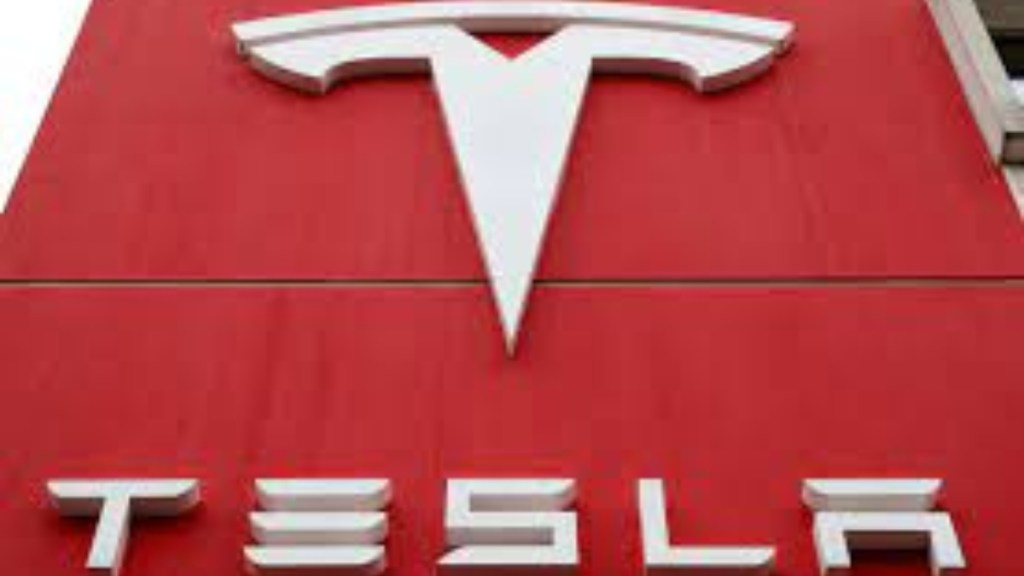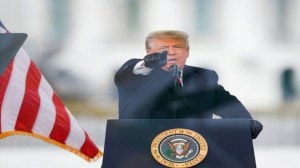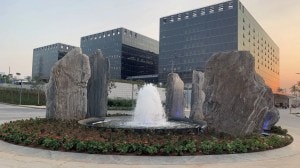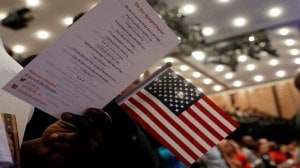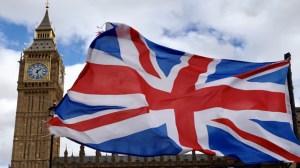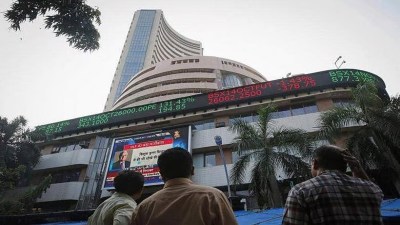American multinational Tesla’s demand for lower tariffs on imports of fully built vehicles till its manufacturing operations come on stream in India is being discussed among different ministries but a decision will take time and any change in policy, if made, will be for the entire industry, a senior official said Friday.
“There will never be any company-specific concession. They will always be for all entities and all companies. If any concessions are given it will always be linked to fairly stringent performance criteria,” the official who did not wish to be named said.
“When concessions are given you have an investment threshold, domestic value addition threshold, things of that type. Tariff concessions will also have similar things,” he added.
The government is looking at Tesla’s request because it has made a firm offer.
Recent reports have suggested that Tesla is ready to invest up to $ 2 billion for setting up manufacturing operations if the government approves a concessional duty of 15% on its imported vehicles till the local operations start. The official termed the reports saying that they are in the nature of speculation’.
The talks are not just going in with Tesla regarding the concessions but also with other global and Indian manufacturers.
The decision on Tesla’s demand and how government policy responds to it would take more than a quarter, the official indicated.
Whether the discussions prompted by Tesla’s proposal could result in a separate Electric Vehicle policy the official refused to comment.
The government has four schemes like production linked incentives for batteries and Faster Adoption and Manufacturing of Hybrid and Electric Vehicles (FAME) to push manufacturing and adoption of electric vehicles but Tesla wants more.
In June, Prime Minister Narendra Modi had met Tesla’s founder Elon Musk during his visit to the US. At that time the founder and Chief Executive Officer of the company had declared himself ‘a fan of Modi’ and said on ‘X’ that Tesla will be in India “as soon as humanly possible”.
Initially Tesla was looking at India as a market and wanted lower duties on imports of completely built cars. Met with a blunt ‘no’ the company started looking at India as a base for production and supply. It already sources components from India which is expected to double to $ 1.9 billion this year.
Currently, India imposes 100 % import duty on fully imported cars with CIF (Cost, Insurance and Freight) value more than $40,000 and 70 per cent on those costing less than the amount. Assembling cars locally through semi or completely knocked down kits reduces incidence of tax. Complete manufacturing in India brings even lower taxes.
